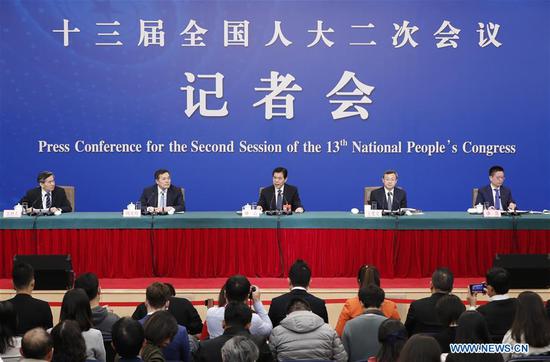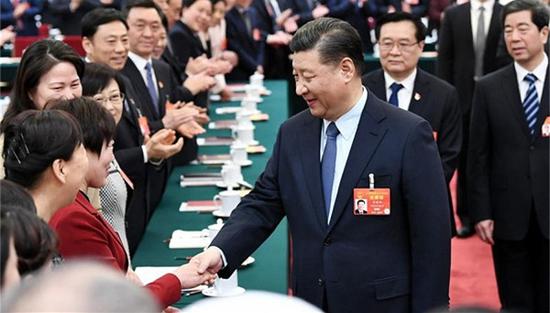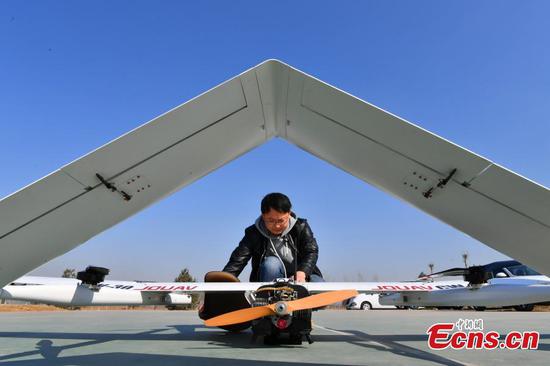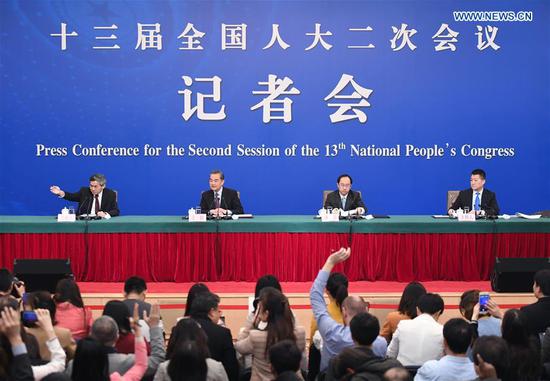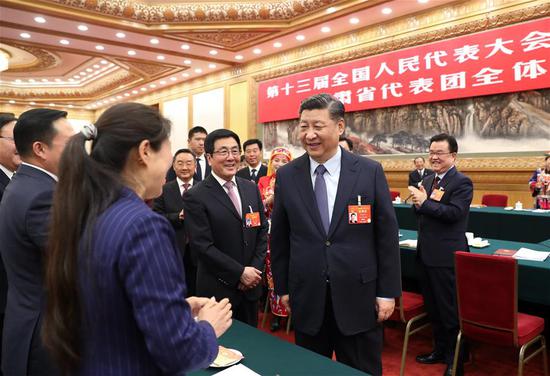Shared bicycles
![A woman uses a Mobike bicycle in Manchester, the United Kingdom, in this file photo. [Photo by Eamonn and James Clarke/for China Daily]](http://image.cns.com.cn/ecns_editor/transform/20190311/7tQ1-fzffvfp3231435.jpg)
After years of rapid growth, China's bicycle-sharing business is entering a new era of stable development. The players concerned are shifting their focus from aggressive market expansion to improving their functionality and customer experiences across all their offerings.
The likes of Ofo and Mobike have charted their course to major European and Asian metropolitan areas. But, due to a capital crunch, they had to scale down, or even withdraw, some of their services.
Beijing-based bike-sharing company Ofo has reportedly been suspended from operating in Singapore, as the local authorities said the company had flouted their regulations.
"The bike-sharing sector is now going through a downsizing phase, requiring better operational capabilities as well as more investment in high-quality products," said Raymond Wang, a partner at consultancy Roland Berger.
Data from app tracker Analysys Qianfan show Ofo's top rival Mobike, with 16.72 million monthly active users, has taken the top spot in December. For its part, Ofo has slipped to No 2 with over 16.6 million monthly active users, followed by Alibaba-backed HelloBike with nearly 5 million monthly active users.
A report released by the State Information Center in February this year showed that the sharing economy sector has generated more than 2.94 trillion yuan in transaction volume in 2018, up 41.6 percent year-on-year.
The report noted the sharing economy sector has entered a new stage where quality matters more than the speed at which it expands.
In the next three years, its annual growth rate is expected to remain steady at 30 percent, slower than previously estimated, but signaling more sustainable development nevertheless, it said.














